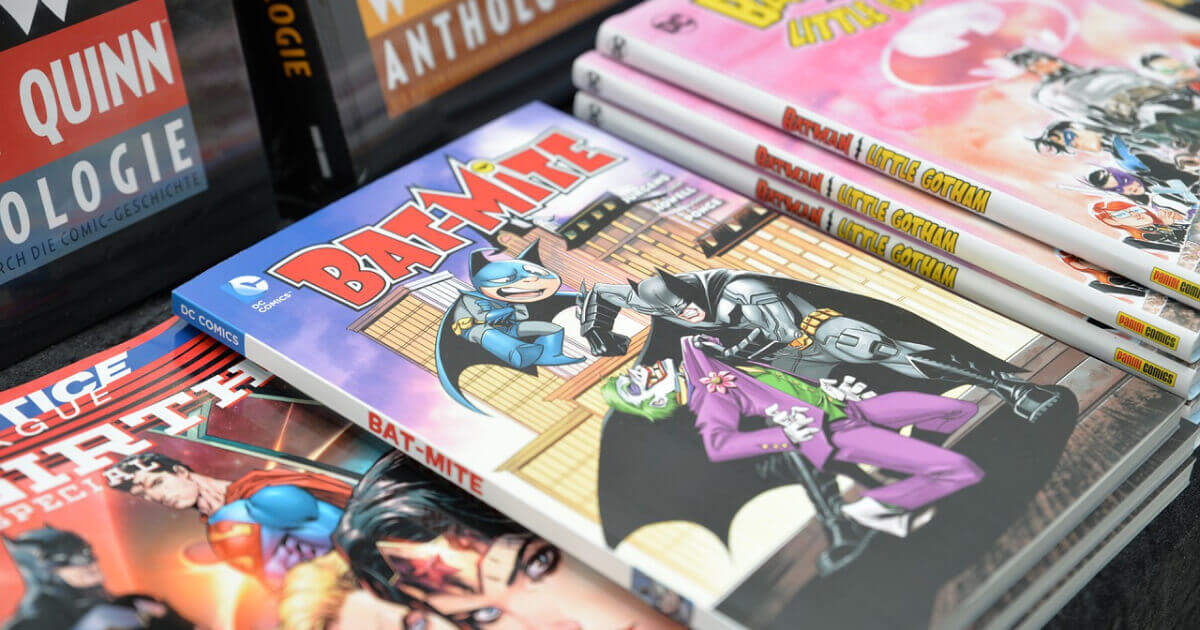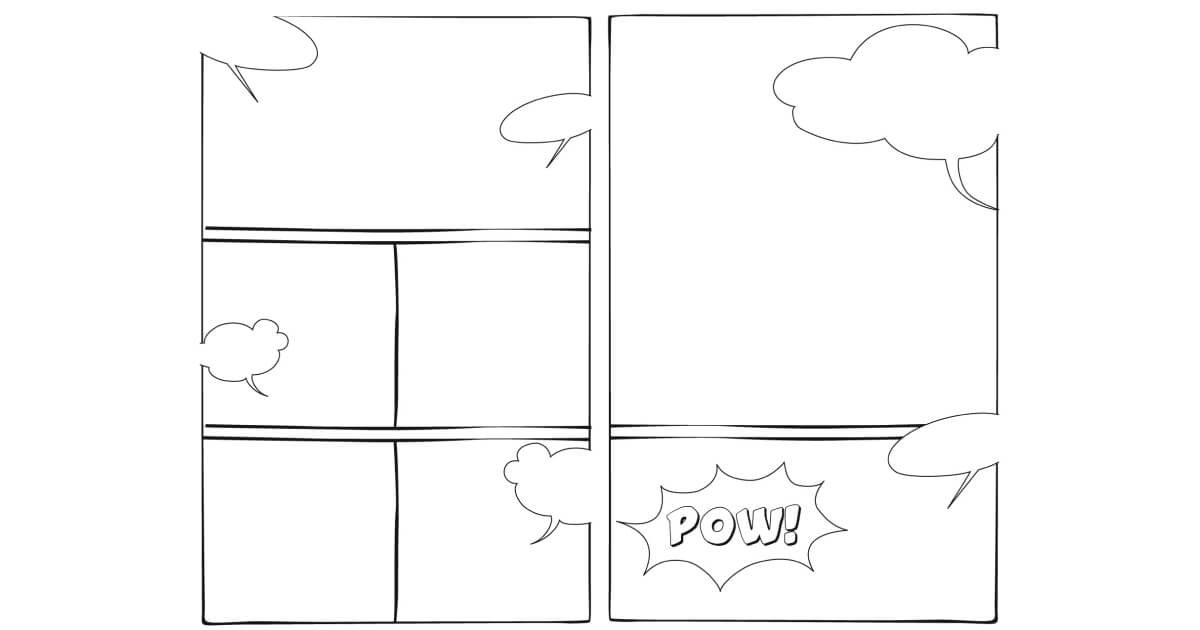
8 quotations for teachers that can inspire you
- Teaching qualifications
- Tips & Strategies
- Methodology

01.04.2024
Everyone loooves comics! And if you don’t, have you even tried to read them? However, the question is whether it is possible to use such an amusing thing as comics to develop your students’ writing skills within ESL class.
Grade University professionals have collected some ideas on this matter.
Manage your teen class
Now more and more ESL teachers refer to so-called ICT, which stands for Information and Communication Technology.
What it really means is that students are encouraged to use e-books, journals, authentic articles, films, various speeches, and conversations to broaden their language learning experience.
ESL teachers agree that implementing ICT boosts students’ interest and makes them feel as if they are learning something very applicable and interesting. Therefore, specialists see higher levels of effectiveness and better overall final results.
Comics belong to ICT as well.


Learn how to motivate your teen students
Get better at motivating teensCreate the best flashcards!
For this activity, the teacher has to prepare a set of pictures that look like unfinished comics. The speech bubbles are supposed to be empty. Students have to look at their pictures and come up with a story. They also have to think about the dialogues and fill in the empty speech bubbles. This activity is a very engaging and fun way to make your students write a short story.

A teacher is supposed to pick up short comics for the class. Students get their handouts and read the comics. After they are done, they have to describe what has happened in the story. This is a great chance for students to practice using target vocabulary and grammar correctly. And generally, this task requires as much attentiveness as any other writing assignment.
Short stories you can use in your class
This is where it gets super creative. You may write down certain target words or grammar structures and ask students to create their own comics using this information. They can write and draw and then compare their stories. You may as well turn it into a great collaborative team game.
Can a comic book assist in working with law-achievement students?
Arina Kravchenko
Author
Teacher of General English & IELTS
Comments
Leave your comment